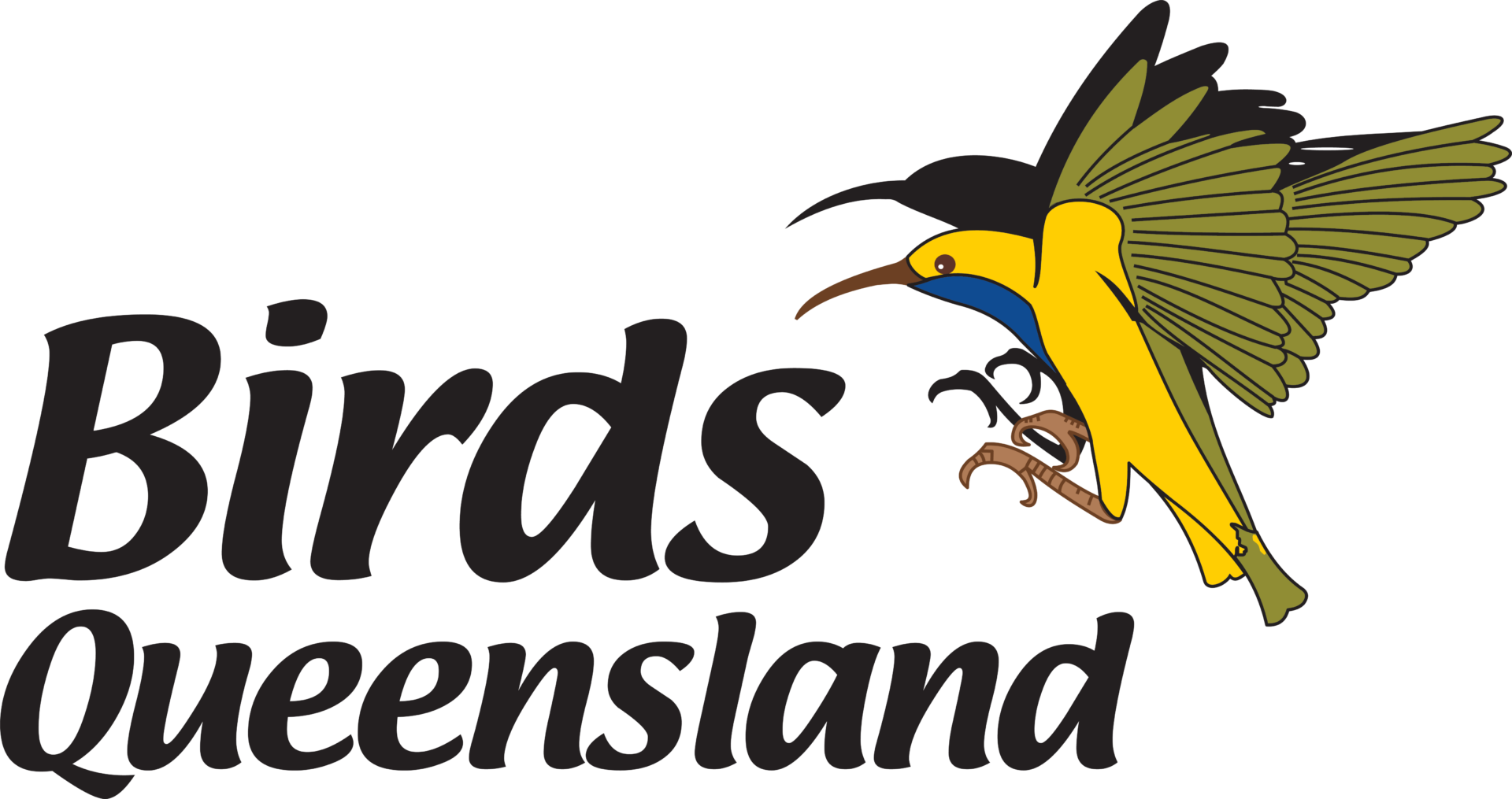Each year Birds Queensland offers small grants for research relating to the conservation of birds and their habitats in Queensland, especially those under threat.
Each year Birds Queensland offers small grants for research relating to the conservation of birds and their habitats in Queensland, especially those under threat.
2024 Research Grants
Research grants of $7,500 have been awarded to the following applicants for projects commencing in 2024:
Felicity Charles – University of Queensland: The influence of changing fire regimes on fire-dependent plant-animal interactions. Glossy Black-Cockatoos – a case study
Globally fire regimes are changing, a key threatening process to many plants and animals. This is especially so for specialist animals which are reliant on another species of plant for ecosystem service provision, referred to as plant-animal interactions. Felicity’s PhD research aims to determine the influence of changing fire regimes on Glossy Black-Cockatoos (GBC) and their feed trees, a highly specialised fire dependent plant-animal interaction, by addressing the following questions:
- How will the distribution of GBC and their feed trees change under future climate and fire regimes?
- How do changing fire regimes influence post-fire recruitment of she-oaks?
- How do extreme temperatures and fire conditions (i.e., high temperatures and/or smoke application) impact germination of she-oak seeds?
- How does fire shape genetic structure and which genetic lines will produce the best restoration outcomes under future climate and fire regimes?
Ultimately, Felicity aims to identify optimal fire management regimes for she-oaks, and strategies for restoration of GBC feed trees to conserve this highly specialised plant-animal interaction.
Daniel Terrington – University of Queensland: Conservation of the Endangered and highly cryptic Plains-wanderer (Pedionomus torquatus) in Queensland’s Channel Country
The key aim of this project is to answer the question:
How can the Channel Country of western Queensland be managed to conserve the Plains-wanderer?
To reach this goal, Daniel will explore three broad research themes: conservation status, predictors of presence and nature of presence. These themes are covered by the following research questions:
- What is the current status and significance of the Plains-wanderer population in western Queensland, and how can this population be effectively monitored?
- What are the environmental variables and anthropogenic actions that influence the distribution of Plains-wanderers at different scales, and how can their presence be predicted?
- How is the Plains-wanderer moving through the landscape and using natural resources of the Channel Country for the various aspects of its ecology?
What management actions, if any, can be used in western Queensland to improve the status of the Plains-wanderer?
2023 Research Grants
Research grants of $7,303 and $7,350 have been awarded to the following applicants for projects commencing in 2023:
Dr Lyanne Brouwer James Cook University, Townsville: Monitoring endangered black throated finches at the Townsville coastal plains.
Lyanne and her team aim to map the current distribution of the endangered southern black throated finch (Poephila cincta cincta) in the Townsville coastal plain area. In addition, the they will provide nestboxes to determine whether this could be a solution to alleviate a shortage of natural nest cavities.
This project will allow them to re-establish a field project focused on the black throated finches and install key infrastructure that will significantly improve knowledge on the current distribution of the Townsville population of the black throated finch. Thereby this project will improve their ability to compete for national competitive research funding opportunities that will enable them to build greater research capacity for a larger project in which they aim to determine the main drivers for the decline of this species.
Mr Gary Young (Masters candidate) University of Southern Queensland: Investigating the impacts of livestock grazing, fire and invasive vertebrates of the squatter pigeon (Geophaps scripta) in the Galilee Basin.
Gary aims to address key gaps in the field of wildlife ecology by: quantifying the impacts of key threats such as livestock grazing, fire and invasive vertebrates on population trends of the squatter pigeon (G. scripta) in the Galilee Basin; quantifying trends in relative abundance of the squatter pigeon (and other ground nesting birds) as well as mammals and birds across the Galilee Basin; determining associations of habitat characteristics that influence squatter pigeon patch use as well as other mammals and birds; identifying areas of high conservation value and provide outcomes that support land management activities that align with maintaining squatter pigeon habitat.
Birds Queensland congratulates the successful applicant and we look forward to hearing the outcomes of her research project.
Here are some of the past projects that were partly funded by Birds Queensland:
- Conservation biogeography of the Northern Masked Owl.
- Assessing the nature of nest predation on the Golden-shouldered Parrot (Psephotus chrysopterygius) in central Cape York
- Governance of wetland sites and migratory shorebirds.
- Factors that limit the use of nest boxes by native birds in southeast Queensland
- Efficacy of novel wildlife monitoring technologies and methods compared with traditional raptor survey techniques in Australia.
Birds Queensland Research Grants
Birds Queensland will offer a limited number of grants (up to $7,500 each) for research relating to the conservation of birds and their habitats in Queensland, especially those under threat. BQ Research Grants cover the costs of items such as laboratory materials, field equipment and travel, but do not normally cover salaries or attendance at conferences. They are for projects of one-year duration, although consideration may be given to further funding of suitable on-going projects. Applications require the support of an incorporated body or of a university head of department and research services section, through which the research contract and grant payment will be administered.
Successful applicants and the supervising organisation will be asked to sign a Conditions of Award agreement which includes the following conditions:
- The grant shall be fully expended within one year from the date of payment;
- A summary of the research shall be provided for publication in the Birds Queensland newsletter and where possible a short talk shall be presented at a Birds Queensland general meeting;
- A final financial statement shall be provided confirming that the grant has been fully expended.
- Any unspent grant funds are to be refunded to Birds Queensland.
Birds Queensland Grants are competitive and assessed by the Society’s independent Research Committee of experts. Funds for research grants are raised by the membership to support bird conservation research. The Birds Queensland management committee determines annually the amount of funding for grants, and takes advice from the Birds Queensland Research Committee in the awarding of grants.
A copy of the full conditions of award will be available on request.
Research Grants for 2025 will open 1 August 2024 with applications due by 31 August 2024. For further information contact The Secretary.


